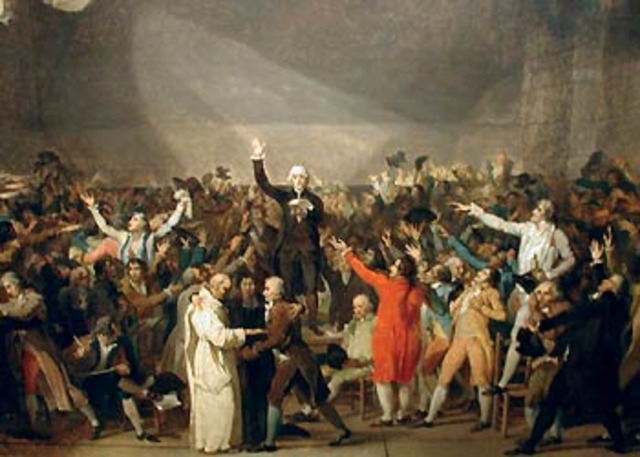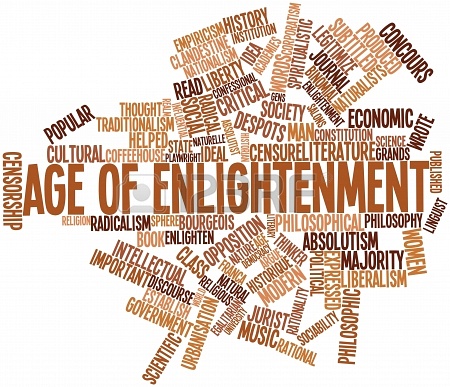"Imagine a small agrarian republic that gradually grows into the world’s
greatest military and cultural superpower. Over time, as public power is
concentrated in the hands of a relatively small group of wealthy
private citizens, that ruling elite falls increasingly out of touch with
the world beyond its borders. Those borders, porous and steadily
expanding, become ever more difficult to manage and defend. Faltering
under the growing burden of policing them, the military is forced to
recruit considerable mercenary support to handle conflicts that might
arise, as well as those already under way. Eventually, losing its grip
on power both internally and externally, the superpower enters a state
of accelerating decline, ultimately fading into a shadow of its former
glory." -
"As the Romans Did", The Atlantic Monthly, June 22, 2007.
Some people have compared America to Rome and the different stages that it has gone through, from its earliest days as a small farming republican democracy that grew steadily into the world's largest military and cultural superpower of its time. America had done this in a shorter amount of time period, and in some respects still maintains its military and cultural superiority. We have the biggest armed forces and the most powerful economy in the world, and our culture can be found throughout the world with McDonald's, Subway, and Coke.
In some ways, according to author John Murphy, America and Rome are very similar. For instance:
- both America and Rome have an exaggerated sense of self - importance, thinking that we are the greatest nation / empire in the world;
- our military is stretched across the world / empire and also alienated from the regular people in society;
- we both struggle to police / protect our borders from immigration / foreign invasions;
- we idealize our founders as someone to look up to;
- both Romans and Americans tend to be shortsighted and don't think down the road and some things can tend to bite them in the end;
- Rome and America have tended to be very multicultural and built on the work of immigrants;
- America and Rome have a huge gap between the rich and poor meaning that the rich are very rich and the poor are very poor.
Some things that make America different than Rome however, are:
- Romans had slavery throughout its entire history, while America outlawed it 150 years ago;
- America has seen so much change in the last 150 years with regards to industrial, technological change than Rome had experienced in its entire lifetime;
- America's free land give aways (courtesy of stealing from the Indians) actually worked unlike the Gracchus brothers' reforms.
In your own words, discuss the similarities and differences between Rome and America. You can come up with some of your own.
Due Thursday by class. 200 words minimum.


